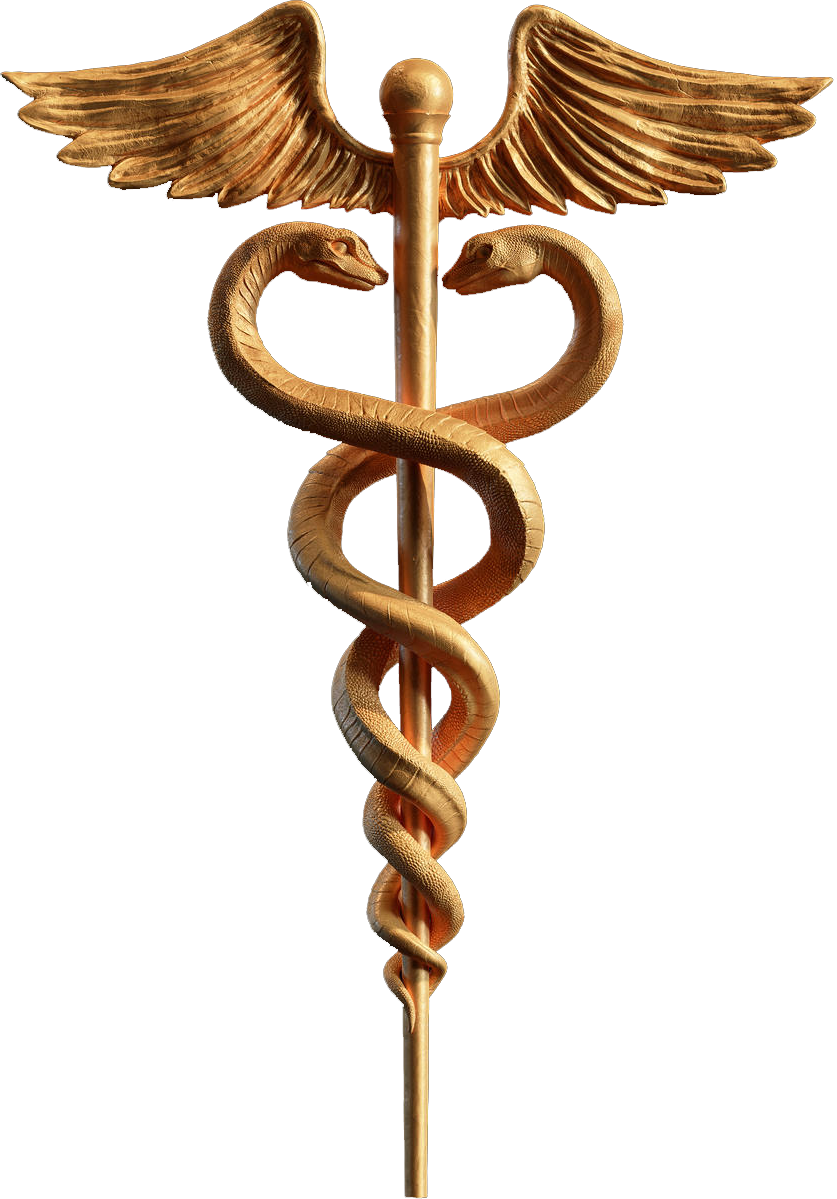Bipolar Disorder
Bipolar Disorder also called Manic Depressive Disorder is a brain disease that causes unexpected, and dramatics shifts in mood. Moods can be intense and euphoric-“Manic” and at other times be sad and despairing –“Depressive”. Bipolar moods swings are mood episodes that are dramatic, and the shifts from high to low can last days, weeks or months.
Some non-bipolar people have a serious mood pattern of ultra-short fuse, excessive irritability and anger that is associated with extreme “mood lability”. Their mood changes can go from happy to sad and back again very quickly and multiple times a day in response to what is happening around them. People often confuse this non-polar pattern with bipolar mood episodes. It can be difficult to distinguish the two. That is up to your Psychiatrist to diagnose.
Bipolar Disorder can be difficult to diagnose because most of the time people are in a depressive phase. The diagnosis is often missed because episodes of hypomania or mania are infrequent and last only days. People rarely seek help during the feel good hypomanic or manic phase. They get misdiagnosed as regular depression. Many people suffer for years because they are not correctly diagnosed. Bipolar Disorder is one of the most misdiagnosed psychiatric illnesses.




